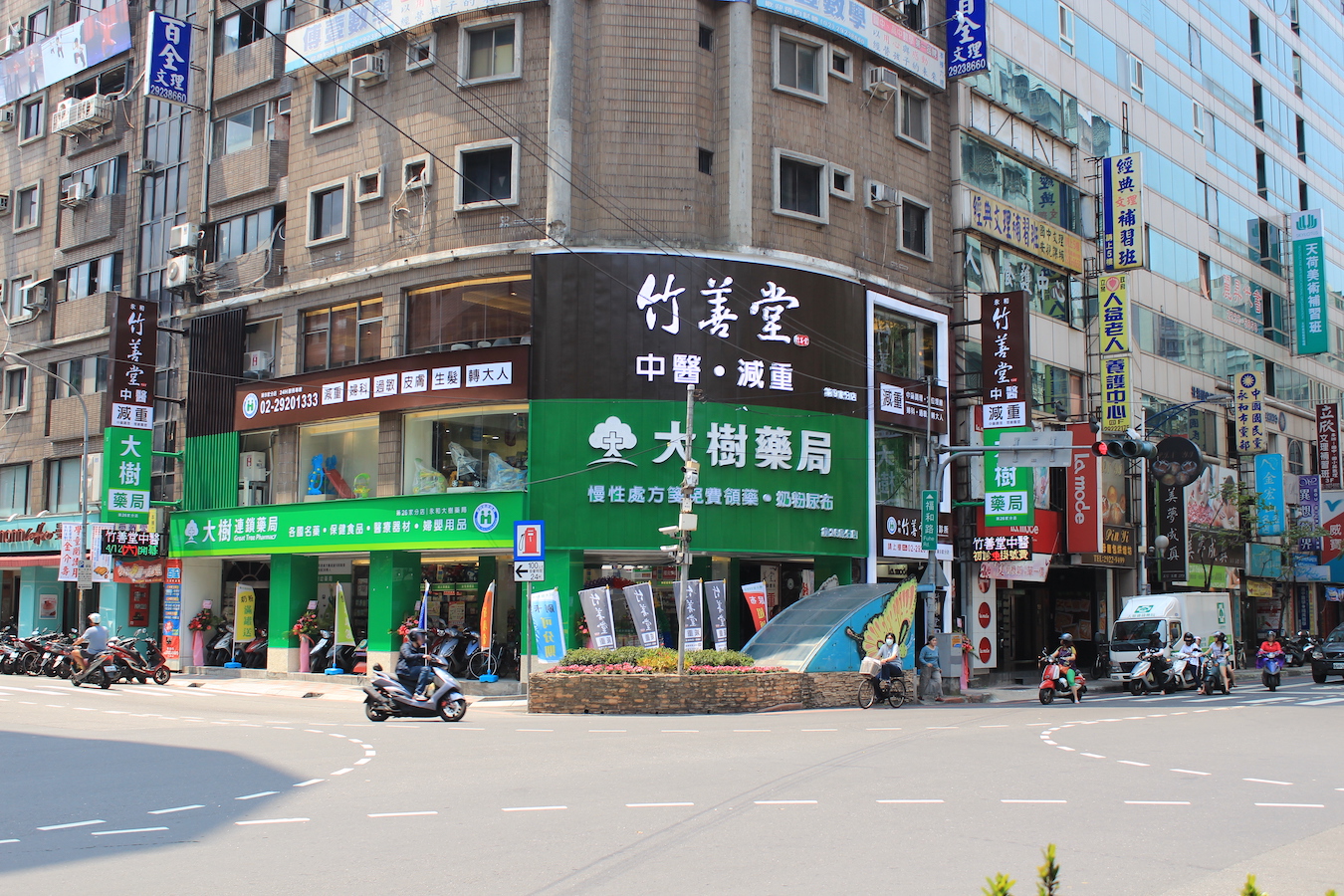by Brian Hioe
語言:
English
Photo Credit: Foxy Who \(^∀^)//WikiCommons/CC BY-SA 3.0
MIGRANT WORKER GROUPS criticized the actions of the Shulin police in a press conference earlier this week.
Namely, police entered the premises of the Sacred Heart of Jesus Catholic Church in Shulin, New Taipei in search of migrant workers they suspected to be members of a fraud ring. The members of the fraud ring were thought to be in the process of handing off money by police. The incident took place on May 28th.
Police entered the premises of the church while it was conducting a service. Police chased three suspects and arrested one. Church authorities state, however, that these were not the suspects that police were looking for, though the individual taken into custody was an undocumented migrant worker. The other two suspects fled successfully.
Speakers at the press conference included religious figures such as Peter Nguyen Van Hung, director of the Vietnamese Migrant and Immigrant Office of the Catholic Church’s Hsinchu Diocese and Chien Chang-jung, the director of the Labor Concern Center at the Presbyterian Church Taiwan. Lennon Ying-dah Wang, the director of migrant worker policy at the Serve the People Association also spoke.
According to Father Hung, police were present outside of the church on March 26th and April 23rd, questioning migrant workers. The May 28th incident was the first time that police directly entered the church premises, however.
While the police have defended themselves by stating that the arrest did not take place in view of the church service, according to Father Hung, during the arrest a loud noise could be heard on the second floor of the church. Attendees of church services were startled by the noise.
To this extent, police did not have a warrant to enter, or search the church premises, nor did they have permission to enter. As such, police have been criticized as overstepping their bounds.
 Photo credit: 竹善堂中醫/WikiCommons/CC BY-SA 4.0
Photo credit: 竹善堂中醫/WikiCommons/CC BY-SA 4.0
Indeed, many of the criticisms against police officers, for questioning migrant workers in this way, is that this violates religious freedoms. Migrant workers may be discouraged from attending church services if they fear being interrogated by police. This is all the more so for undocumented migrant workers, but could apply to any migrant worker.
But the incident likely illustrates to what extent Taiwanese police behave with impunity, as though they are not subject to legal regulation. This is all the more problematic considering that Taiwan is only recently a post-authoritarian country.
Police feel particularly uninhibited with regard to migrant workers. One observes this, for example, with incidents in which police have responded with violence toward individuals that they thought were migrant workers.
One well-known case in point occurred in 2021 during the COVID-19 pandemic, when police body-slammed a woman in Taoyuan to the ground because they suspected her of being an undocumented migrant worker. This took place because, when confronted by police, she declined to produce identification and commented that their behavior was “stupid.”
More tragically, however, was the shooting death of 27-year-old undocumented migrant worker Nguyen Quoc Phi, who was previously a factory worker. Police claim that Nguyen was attempting to steal a car and attacked them with rocks, but inconsistencies have been raised in the story, seeing as Nguyen did not know how to drive. Furthermore, responding to rocks with deadly and lethal force seems beyond the pale.
In both incidents, police sought to keep surveillance footage out of the hands of the public, so as to prevent accusations of wrongdoing. Nevertheless, it is far from the first time that Taiwanese police have treated migrant workers in a way that violates their fundamental freedoms, whether that is violating their freedom of assembly or religion, and one expects it will not be the last.
More generally, attitudes in Taiwanese society still allow for restriction on migrant workers’ rights to assembly, as observed in attempts by police or local authorities to drive migrant workers out of places where they frequently congregate, such as the ASEAN Square in Taichung or the main lobby of the Taipei Main Station. This occurred during COVID, too, when migrant workers in Miaoli were confined to their dormitories when COVID-19 clusters developed among factory workers.

